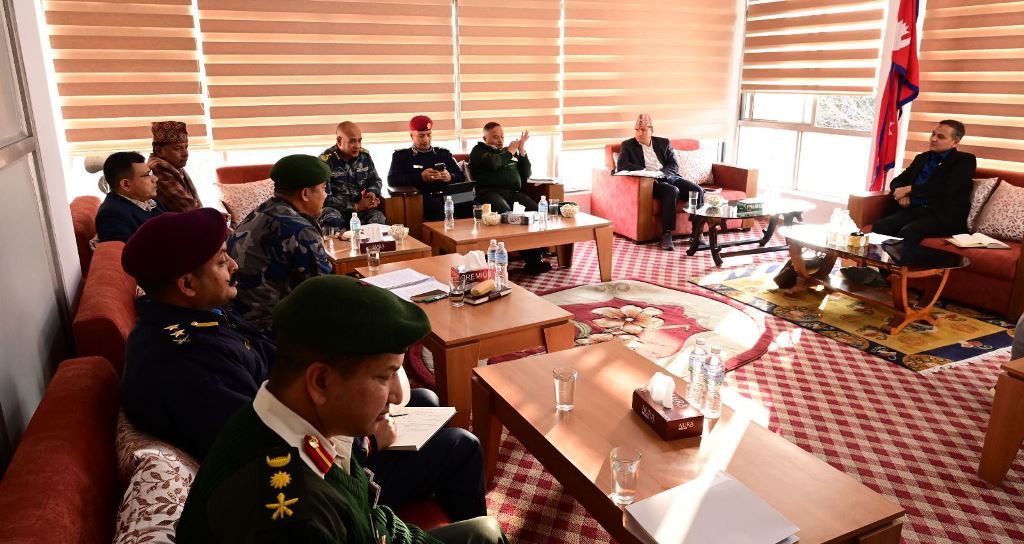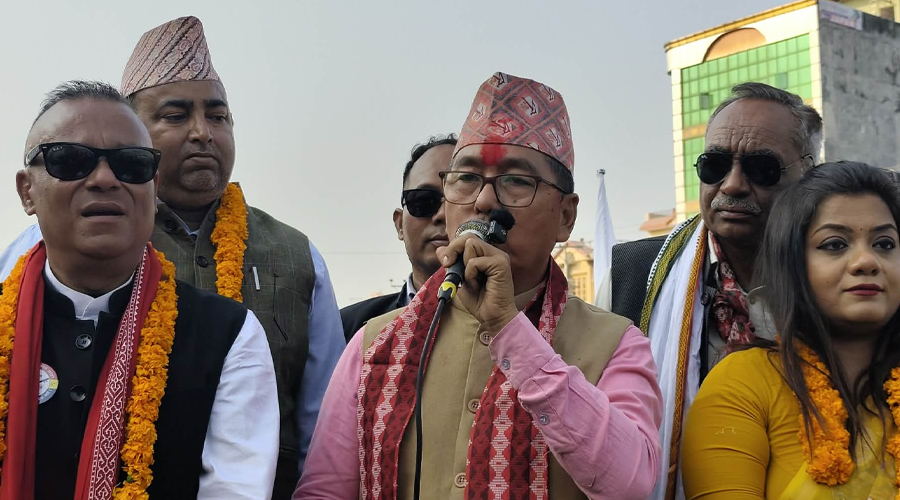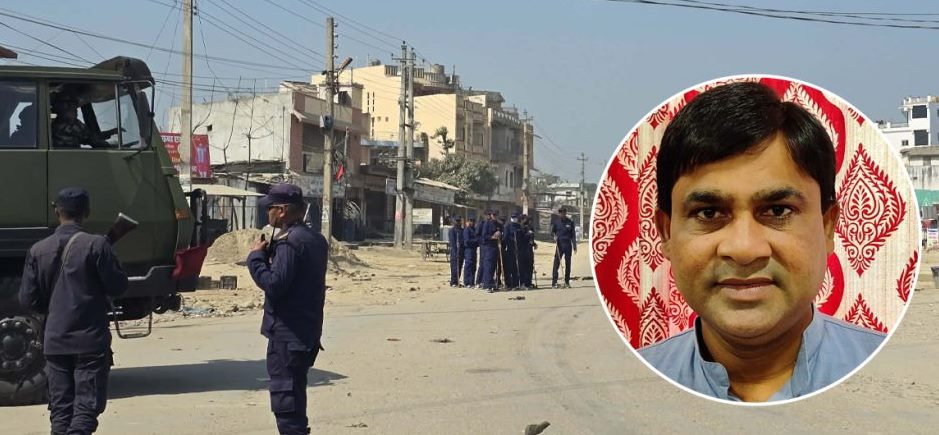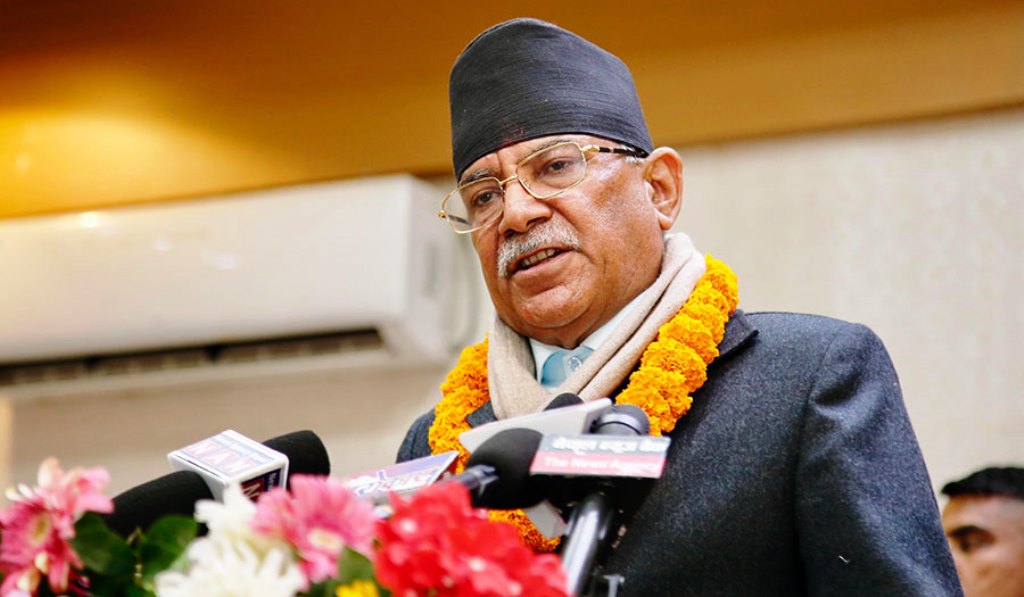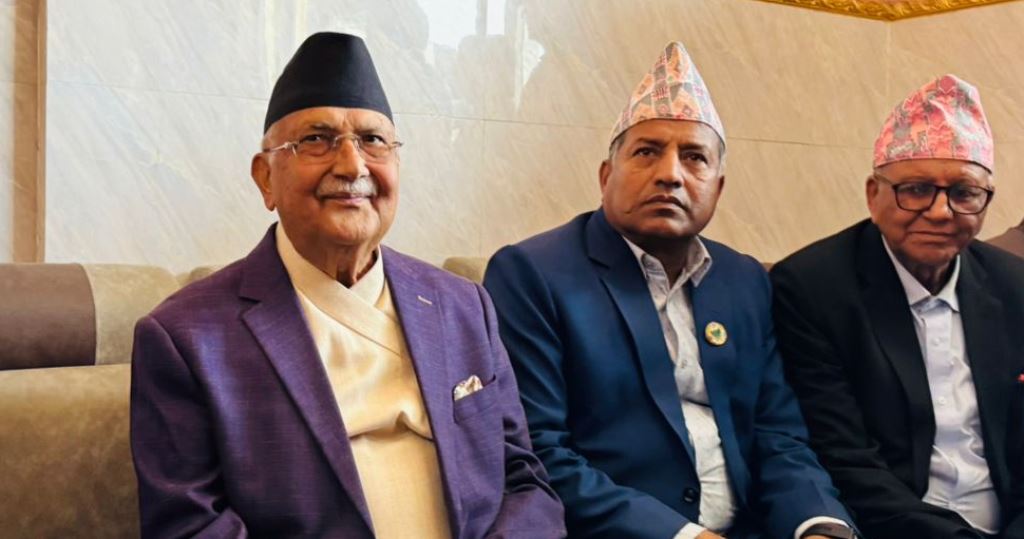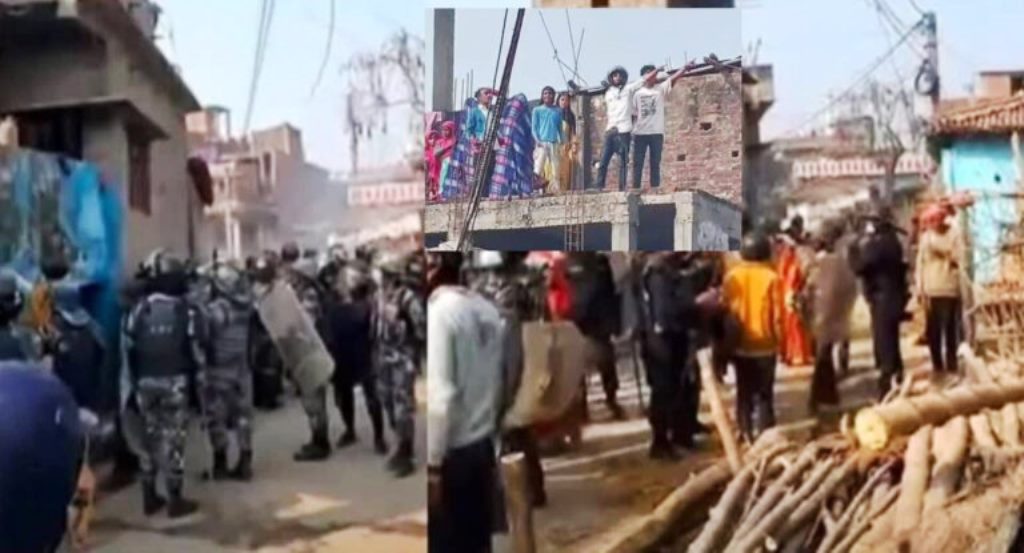Key dates in the life of Zimbabwean President Robert Mugabe:
– February 21, 1924: Mugabe is born into a Catholic family at Kutama Mission, northwest of Salisbury, the capital of the self-governing British colony of Southern Rhodesia.
– 1960: After years outside the country as a student and teacher, Mugabe returns to Rhodesia, joins National Democratic Party (NPD) to challenge colonial rule.
Afer the NPD is banned in 1961, Mugabe joins Joshua Nkomo’s Zimbabwe African People’s Union (ZAPU) before founding, with other dissidents, the rival Zimbabwe African National Union (ZANU).
– 1964-74: Mugabe is detained for his nationalist activities. On his release he takes the helm of the banned ZANU and, with Nkomo’s ZAPU, launches struggle against the white regime of Ian Smith. The 1972-79 war leaves 27,000 people dead.
– April 18, 1980: Rhodesia, which had unilaterally declared independence from Britain in 1965, becomes properly independent and is renamed Zimbabwe. Mugabe becomes prime minister and Nkomo home affairs minister.
– February 1982: Nkomo is fired, accused of plotting against Mugabe. An uprising in his homeland province of Matabeleland provokes a violent government backlash in which about 20,000 people are killed over the next years.
– December 1987: Mugabe becomes executive president in a revision of the constitution.
– February 2000: A constitutional reform intended to reinforce his powers is rejected. Mugabe allows so-called veterans of the struggle for independence to invade and take over white-owned farms, with more than 4,000 eventually seized.
– March 2008: Opposition leader Morgan Tsvangirai beats Mugabe in the first round of the presidential elections. He abandons the run-off to stem a wave of violence against his supporters. Mugabe is re-elected in June and again in 2013.
– December 2014: Mugabe appoints his second wife Grace as the president of his ZANU-PF party’s powerful Women’s League and a member of its central committee, placing her among the top contenders to succeed him. Potential foes are purged from government.
– November 15, 2017: The army, opposed to the firing of vice president Emmerson Mnangagwa, who is seen as a potential successor, takes control of the capital. Mugabe says he is under house arrest.


